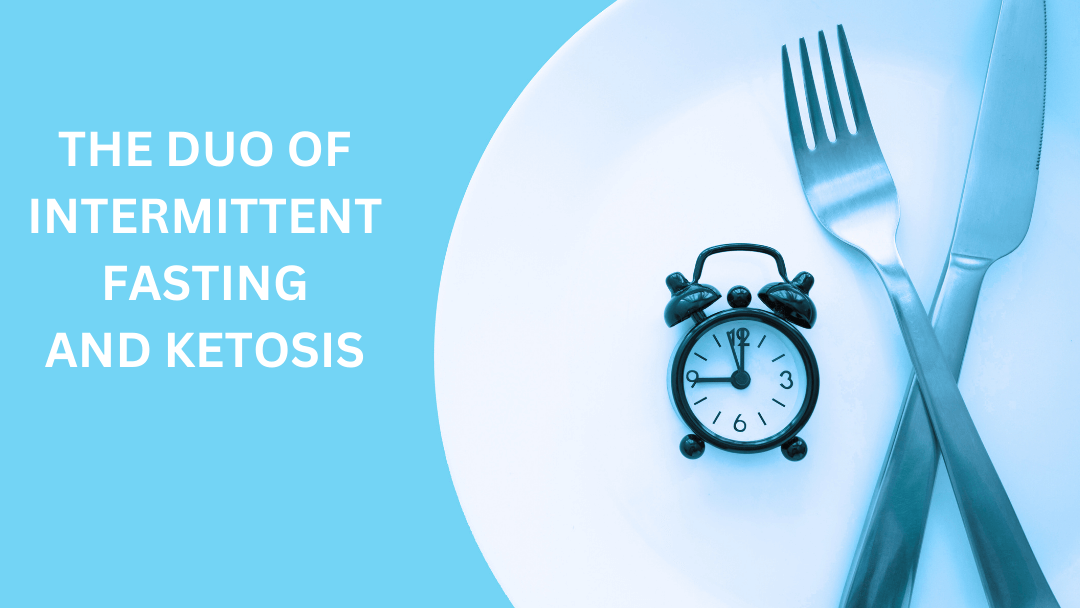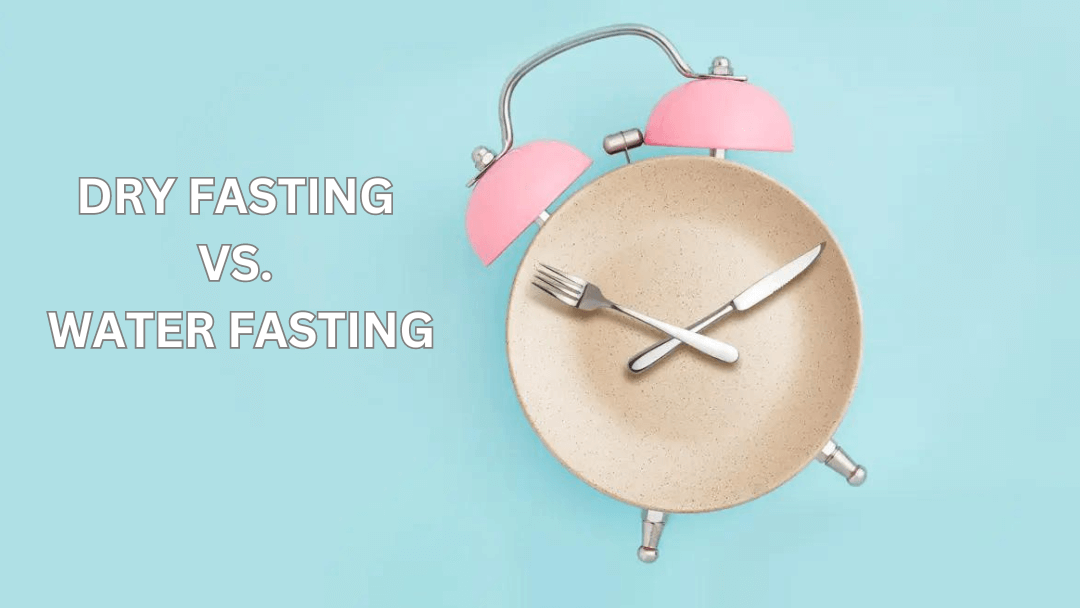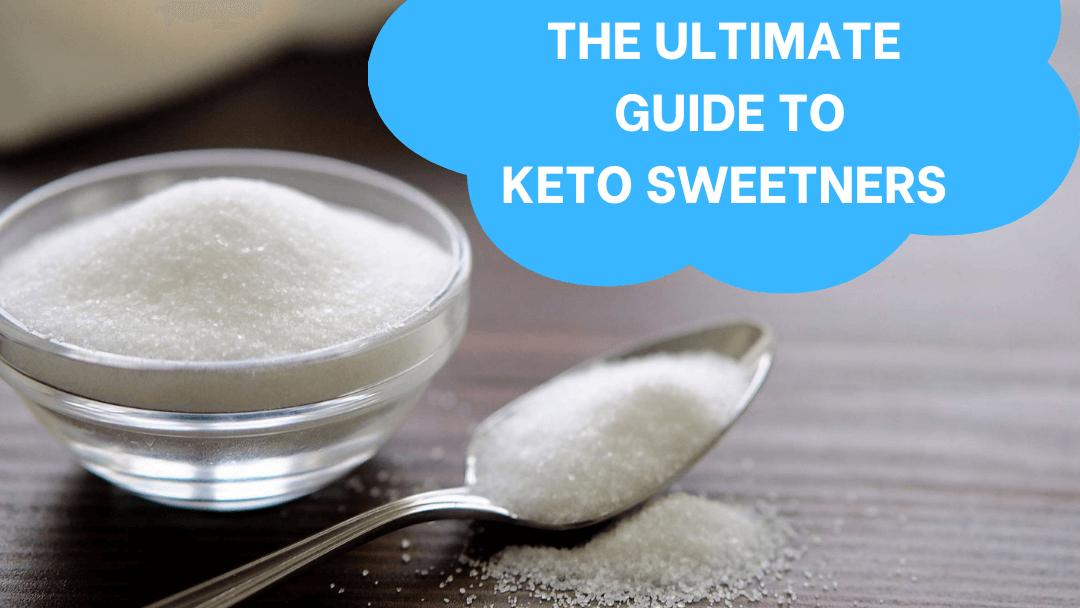In the ever-evolving landscape of health and wellness, finding effective strategies that promote both physical and mental well-being is a constant quest. Two popular approaches, intermittent fasting (IF) and ketosis, have gained significant attention for their potential to revolutionize how we perceive and achieve optimal health. In this blog, we will delve into the synergy between keto and intermittent fasting, exploring how their combination can unlock a multitude of health benefits.
Understanding Intermittent Fasting
Intermittent fasting is not a diet per se but rather an eating pattern that cycles between periods of eating and fasting. The primary goal is to extend the fasting period, allowing the body to tap into its fat stores for energy. Common IF methods include the 16/8 method (16 hours of fasting and an 8-hour eating window) and the 5:2 diet (eating normally for five days and drastically reducing calorie intake for two non-consecutive days).
The Ketogenic Lifestyle
Ketosis, on the other hand, is a metabolic state where the body relies on ketones, produced from the breakdown of fats, as its primary source of energy. This state is typically achieved by adopting a low-carbohydrate, high-fat ketogenic diet. By restricting carb intake, the body enters a state of ketosis, leading to enhanced fat burning and numerous health benefits.
The Synergy Unveiled
- Enhanced Fat Burning:
When combined, intermittent fasting and ketosis create a powerful environment for fat burning. During fasting periods, the body depletes its glycogen stores, making it more prone to enter ketosis and efficiently burn stored fat for energy.
- Improved Metabolic Health:
Both IF and ketosis have been linked to improved insulin sensitivity. Intermittent fasting helps regulate blood sugar levels, and the ketogenic diet reduces reliance on glucose, further stabilizing insulin response.
- Optimized Brain Function:
The ketones produced during ketosis serve as a potent fuel source for the brain. Combining intermittent fasting and ketosis may enhance cognitive function, focus, and mental clarity.
- Cellular Repair and Longevity:
Autophagy, the cellular repair process, is stimulated during fasting. When paired with ketosis, this process may be further intensified, promoting cellular rejuvenation and potentially extending lifespan.
- Weight Management:
The dual impact of reduced calorie intake during fasting periods and the metabolic shift towards fat utilization in ketosis can be a game-changer for those seeking sustainable weight management.
Getting Started
Before embarking on a journey combining intermittent fasting and ketosis, it's crucial to consult with a healthcare professional, especially if you have underlying health conditions. Here are some general tips to get started:
- Start Gradually: Ease into both practices to allow your body to adapt.
- Stay Hydrated: Adequate hydration is key, especially during fasting periods.
- Nutrient-Dense Foods: Focus on whole, nutrient-dense foods to meet your nutritional needs.
Revolutionizing Health Tracking: SiBio KS1 CKM
Monitoring your ketone levels is a crucial aspect of the ketogenic diet. The SiBio KS1 Continuous Ketone Monitoring (CKM) System is a game-changer in this regard. It offers a convenient, pain-free way to track your ketone levels continuously, helping you stay in ketosis with precision. With 14 days of uninterrupted usage and real-time tracking via a user-friendly SiBio app, it's the ideal companion for your keto and IF journey.
Conclusion
Synergizing health through the combination of intermittent fasting and ketosis offers a holistic approach to well-being. However, individual responses may vary, and it's essential to listen to your body. Unlock the potential of keto and intermittent fasting with the SiBio KS1 Ketone Monitor, and watch as your body becomes a lean, fat-burning powerhouse. By incorporating these practices mindfully, you may discover a transformative path to improved health, enhanced energy levels, and a revitalized sense of vitality. Embrace the journey of synergizing health—one fast and ketone at a time.
FAQs:
Q: Does sleep count as fasting?
A: Yes, sleep is a natural fasting state. During sleep, the body undergoes various metabolic processes, and it can be considered a period of fasting as you are not consuming food.
Q: Does coffee break a fast?
A: Black coffee, without added sugar or significant calories, is generally considered acceptable during fasting. It may even have potential benefits, such as suppressing appetite and boosting metabolism. However, adding cream, sugar, or high-calorie additives can break the fast.
Q: Does intermittent fasting work without exercise?
A: Intermittent fasting can still aid weight loss and health without exercise but incorporating movement enhances results. Exercise also reduces hunger cues during fasting windows.
Q: How many hours of fasting to burn fat?
A: The body typically starts burning stored fat for energy after approximately 12 hours of fasting. However, individual responses vary, and the effectiveness of fat burning depends on factors like diet, metabolism, and overall health.
Q: What is the best food to eat after intermittent fasting?
A: It's best to break intermittent fasts with foods that won't cause a major blood sugar spike like hard-boiled eggs, yogurt, salad or a protein smoothie containing nut butter or avocado to stay satisfied longer.











